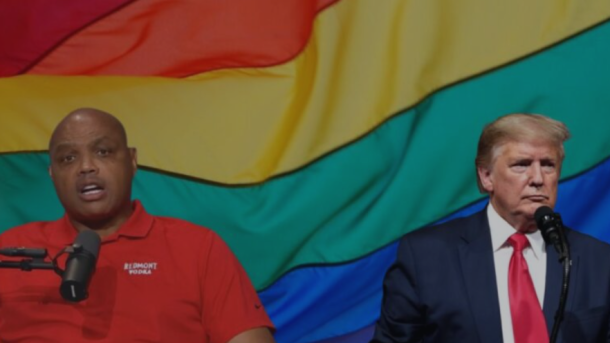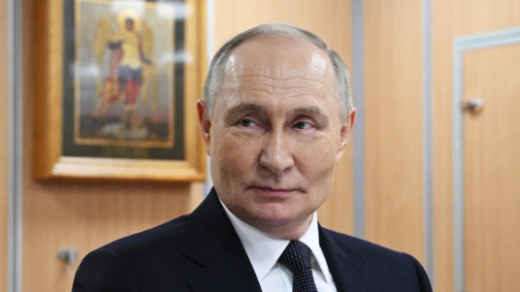Ever since Donald Trump returned to the White House for his second term, the country has been embroiled in a heated debate about gender and sports. In February 2025, Trump signed an executive order that imposed a Trump transgender sports ban 2025, which effectively barred transgender women from competing in female sports. This bold move has sparked intense discussions across various sectors, from sports institutions to lawmakers and the public.
The ban’s impact is most noticeable in high schools, universities, and grassroots sports organizations, which are now required to comply with the new ruling. Schools failing to enforce these restrictions could face suspension by the Department of Education. As a result, transgender athletes like Lia Thomas have spoken out against the decision, while others, like NBA legend Charles Barkley, have expressed their strong stance on the matter.

Trump Transgender Sports Ban 2025: Charles Barkley’s Bold Opinion
Charles Barkley, the renowned NBA star, recently weighed in on the Trump transgender sports ban 2025, calling it a necessary step to protect women’s sports. Despite being a vocal supporter of the LGBTQ+ community, Barkley made it clear that he firmly believes men should not compete against women in sports. During his appearance on OutKick’s “Don’t @ Me with Dan Dakich,” he said, “Men should not play sports against women. Period.”
Barkley’s comments have ignited a flurry of reactions, with many condemning his position, while others agree with his call to safeguard fair competition. His perspective reflects a broader societal divide over the inclusion of transgender athletes in women’s divisions, a topic that continues to stir controversy.
Trump Transgender Sports Ban 2025: The Bigger Picture
Beyond the individual opinions of celebrities like Barkley, the Trump transgender sports ban 2025 represents a significant cultural and political shift. The administration’s stance on gender issues has evolved, with policies like this impacting not only sports but broader LGBTQ+ rights. The ban is just one part of a wider effort by the Trump administration to redefine gender roles, a move that has led to an ongoing national conversation about equality, fairness, and inclusivity.
This policy shift comes alongside other controversial measures, such as the official recognition of only two genders in U.S. government documents, further fueling the debate.
Source: www.inquisitr.com



